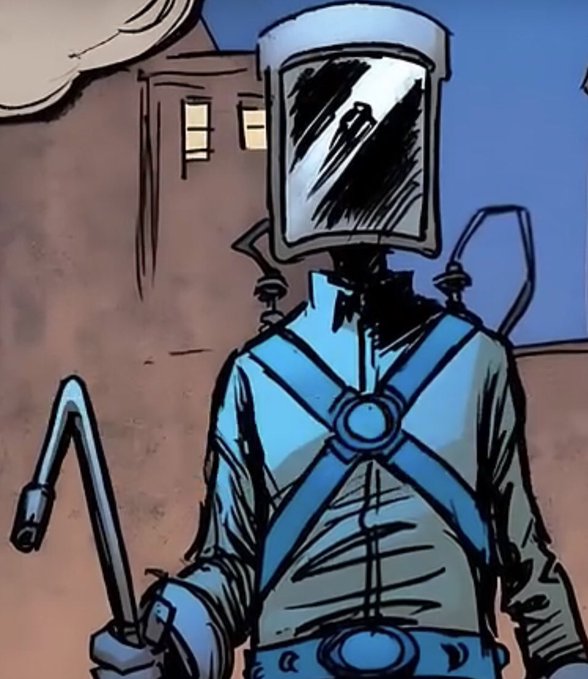News
Nigeria loses $10 billion yearly to imported certified welders & artisans

Minister Uche Nnaji, responsible for Innovation, Science, and Technology, has revealed a concerning fact about Nigeria’s economy. He stated that the country loses a staggering $10 billion every year due to the employment of certified welders from abroad.
This revelation took place during the signing of a Memorandum of Understanding in Abuja, where collaborations between the National Centre for Technology Management, the Federal University of Technology, Minna, and Neuro-Linguistic Programming Limited were established.
Expressing his disappointment, Minister Nnaji urged all stakeholders to intensify their efforts in promoting local content and reversing this trend. He highlighted the recent commissioning of the Dangote Refinery, which employed a significant number of welders, approximately 11,000. However, to his dismay, not a single one of them was Nigerian. Despite having over one million welders in Nigeria, none possessed the necessary international certification required to work in the oil and gas sectors.
“We are facing a shortage of skilled artisans, not just in the digital field. Take the Dangote Refinery, for example. It employed 11,000 welders, but not one of them was sourced locally. They were all imported. It’s disheartening to see that none of our one million welders here have ISO certification.”
To address this issue, Minister Nnaji outlined plans to collaborate with the Nigerian Welding Association and establish training hubs in each of the country’s six geopolitical zones. These hubs would provide comprehensive training to welders and equip them with ISO certification, enabling them to work both within and outside Nigeria. By increasing the number of certified welders in the country, Nigeria can eliminate the need for importing skilled workers in this field.
“And what Nigeria is losing in not doing that is over $10 billion every year, because a welder is paid about $150 a day. The same way, if you look at the AKK pipeline that is going on now, most of them came from Pakistan, India, China, not one from Nigeria,” he said.






